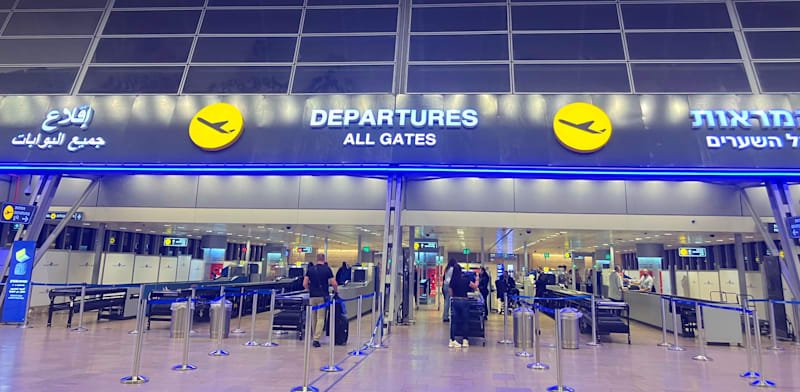The European Commission and the European Union Aviation Safety Agency (EASA) have recommended airlines not to fly to Israel and Lebanon until October 31.
In a Conflict Zone Information Bulletin (CZIB) issued yesterday, EASA said, “The European commission and the European Union Aviation Safety Agency (EASA) are closely monitoring the situation in the Middle East and its impact on civil aviation following the recent spike in military exchanges between Israel and Hezbollah.
“An overall intensification of air strikes and degradation in the security situation has been noted, impacting the safety of airspace over Israel and Lebanon.
“In that context, the European Commission and EASA have decided to issue CZIBs recommending not to operate within the airspaces of Lebanon and Israel at all flight levels. The recommendation is valid until October 31, 2024 and can be reviewed earlier and adapted or withdrawn subject to the revised assessment.”
The notification adds: “EASA will continue to closely monitor the situation, with a view to assess whether there is an increase or decrease of risks for EU aircraft operators as a result of the evolution of the threat.”
The background to the CZIB is the killing of Hezbollah leader Hassan Nasrallah in an Israel air strike on Beirut on Friday night, and the threats of retaliation from Hezbollah itself and from Iran. Since the CZIB was issued, four European airlines have announced the suspension of flights to Israel: Air Europa and Wizz Air, which restored service to Israel only a few days ago, and also Bluebird Airways, based in Heraklion in Greece, and TUS Airways, based at Larnaca International Airport in Cyprus. Both the latter two airlines have Israeli ownership, and have cancelled flights for the first time since the war broke out.
Before the operation involving detonating pagers and other communications equipment in Lebanon, there was a positive trend of airlines restoring flights to Israel. Lufthansa, for example, planned to increase its frequency of Israel flights and to have crews stay overnight in Israel, and Virgin Atlantic planned to resume Israel operations for the first time since October 7.
EASA’s recommendation is liable to lead to considerable change in the behavior of the European airlines. Up to now, most airlines cancelled particular flights or suspended flights for a defined, short period. Aviation sector sources say that the airlines are now liable to suspend flights for longer periods, and that the CZIB will directly affect the cost of insuring aircraft.
RELATED ARTICLES

Air Haifa to begin operations on Monday
Israel airfares skyrocket for holiday flights
The effect will be amplified by the upcoming Jewish holiday season, with the peak travel days expected to be October 1, 6, 10, and 13, when between 74,000 and 77,000 are expected to crowd Tel Aviv’s Ben Gurion Airport each day. The cancellation of flights on these days will leave many Israelis overseas unable to return home, and the extra demand will be placed on the Israeli airlines, along with the few foreign airlines still active in Israel, whose planes were almost completely full for the holiday period, even before the current wave of cancellations.
El Al has announced that its schedule is operating as normal, but that it has no places on flights to and from Israel for the next few days. “We are acting to reinforce the flight schedule as much as possible, and recommend passengers whose flights o Israel have been cancelled to travel to Athens or to Larnaca and to register at their travel agencies for the waiting list for flights back to Israel.”
Published by Globes, Israel business news – en.globes.co.il – on September 29, 2024.
© Copyright of Globes Publisher Itonut (1983) Ltd., 2024.

